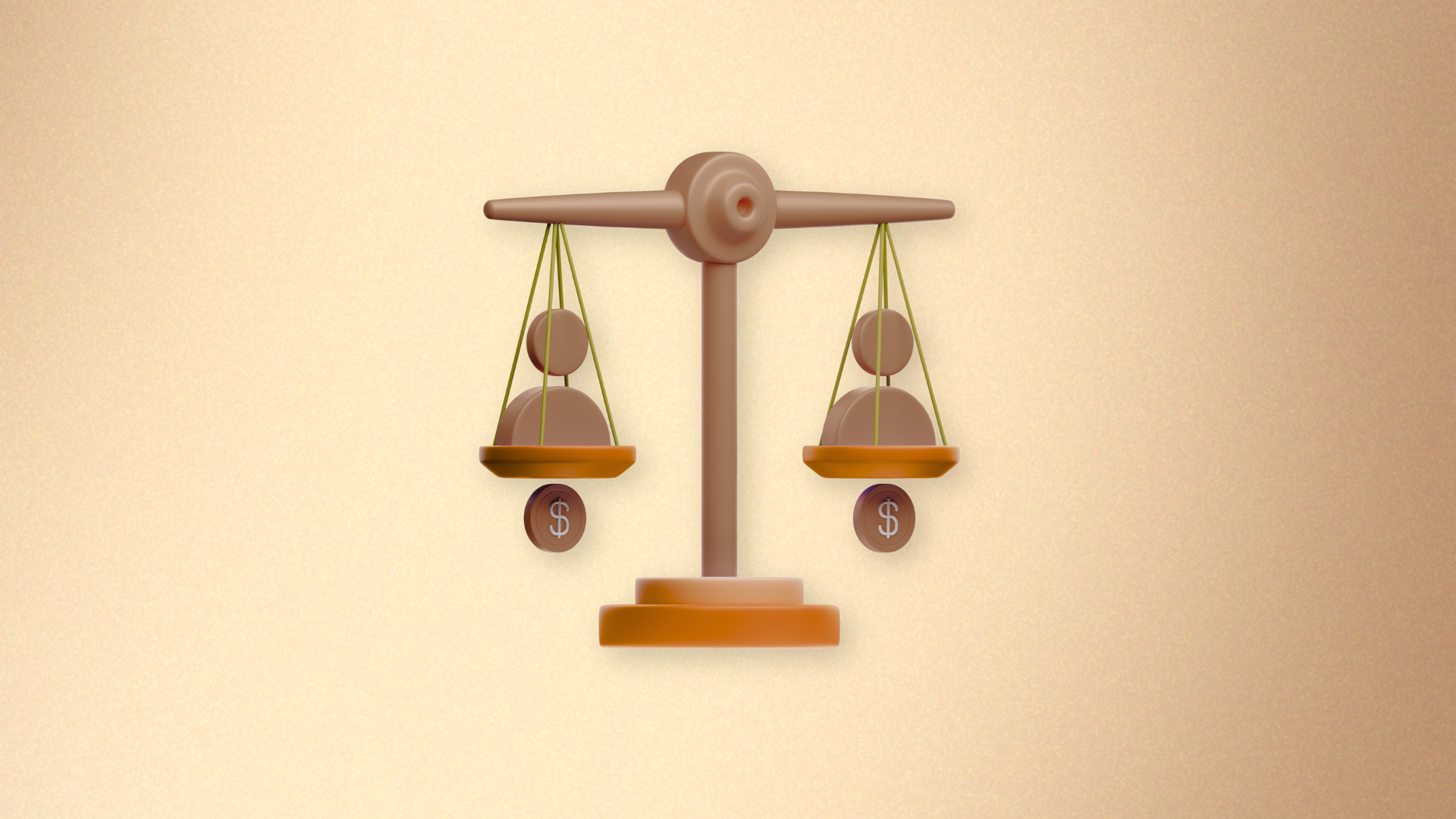Fund parking is one of the important aspects of financial planning. Choosing the right type of funds can significantly impact your returns and risk profile. Among the various fund parking options available, equity funds and debt funds are two of the most popular choices.
In today’s KOFFi break, we will understand the key differences between these two types of funds and help you decide the ideal for you.
Debt Funds
Debt funds are mutual funds that invest primarily in fixed-income securities such as bonds, government securities, treasury bills, money market instruments, and corporate bonds.
These funds aim to generate stable and steady returns with lower risk compared to equity funds.
Key Features of Debt Funds:
Objective:
- To provide regular and stable income, ensure capital preservation, and offer high liquidity with very low volatility.
- This is an excellent choice for conservative investors seeking stable returns while avoiding significant risk.
Functionality:
- Equity funds pool money from investors to buy a diversified portfolio of stocks.
- The performance of these funds depends on the performance of the underlying stocks in the portfolio as per the fundamental and technical analysis.
- Fund managers actively manage these portfolios to maximize returns.
Types of Debt Funds:
- Liquid Funds: Invest in short-term debt and money market securities with a maturity of up to 91 days, ideal for parking idle funds for periods of up to three months.
- Short-Term Funds: Invest in a variety of debt instruments with a shorter maturity period of 1 to 3 years, ideal for parking idle funds
for durations within this range. - Overnight Funds: Invest in debt instruments with a maturity period of one day, making them ideal for parking idle funds that need to be accessed quickly, typically within 24 hours.
- Gilt Funds: These funds invest exclusively in government securities, making them a low-risk option. They are ideal for parking idle funds for a duration of one to three years, providing stability and security for short-term investment needs.
- Money Market Funds: Invest in highly liquid instruments with a maturity period of up to one year, making them ideal for parking idle funds for very short durations, typically less than a year.
- Corporate Bond Funds: Invest in corporate securities, where returns are higher than government securities.
Risk and Return:
- Debt funds are generally considered low to moderate-risk investments.
- The returns are relatively steady, stable, and predictable, but they are typically lower than those of equity funds.
- The risk in debt funds comes from interest rate movements, credit risk, and inflation risk.
Fund Parking Horizon:
- Debt funds are suitable for short to medium-period investment horizons. Depending on the type of debt fund, the investment horizon can range from a few months to a few years.
- For example, short-term funds have an investment horizon of 1-3 years. Medium-term funds have more than 3 years and long-term mutual funds can last up to 10 years.
Equity Funds
Equity funds are funds that invest primarily in stocks or shares of companies. These funds aim to generate higher returns by capitalizing on the growth potential of the underlying stocks. A team of professionals selects a few stocks and delivers maximum returns for your investments by controlling the risk.
Key Features of Equity Funds:
Objective:
- The primary objective of equity funds is to achieve long-term capital appreciation.
- They are suitable for investors who are willing to take on higher risk in exchange for the potential for higher returns.
Functionality:
- Equity funds pool money from investors to buy a diversified portfolio of stocks.
- The performance of these funds depends on the performance of the underlying stocks in the portfolio as per the fundamental and technical analysis.
- Fund managers actively manage these portfolios to maximize returns.
Types of Equity Funds:
- Large-Cap Funds: Invest a minimum of around 85% in companies with large market capitalizations(top 100). These funds offer more stability than other equity funds like mid-cap and small-cap.
- Mid-Cap Funds: Invest around 65% of assets in medium-sized companies with the potential for higher growth but more risk.
- Small-Cap Funds: Invest around 65% of assets in smaller companies with high growth potential and higher risk. Almost 95% of Indian companies fall in this category.
- Sector Funds: Invest in specific sectors like IT, technology, BFSI, healthcare, etc. They come up with higher risk.
Risk and Return:
- Equity funds are considered high-risk investments. The risk in equity funds comes from market volatility, company performance, and economic factors.
- Equity funds offer higher returns compared to debt funds.
Investment Horizon:
- Equity funds are suitable for long-term fund parking, typically five years or more. The longer the investment period, the better the chances of achieving significant returns while mitigating short-term market volatility.
Comparative Analysis: Equity Funds vs Debt Funds
Factors | Equity Funds | Debt Funds | Long-term Investment/Fund Parking |
Objective | Long-term Capital Appreciation | Income Generation & Steady Capital Appreciation | Long-term Wealth Creation and Preservation |
Risk Involved | High | Low to Moderate | Moderate |
Return Potential | High returns over the long term | Moderate returns | Potentially high returns over the long term |
Investment Horizon | Long term (5+ Years) | Short-term (1 month to 2 Years) | Long term (10+ Years) |
Who should invest? | Aggressive investors looking for growth | Conservative investors looking for stability | Investors looking for long-term financial goals, such as retirement |
Liquidity | High Liquidity | High Liquidity | Low to Medium Liquidity |
Tax Implications | Gains are taxed as per STCG & LTCG | Interest income taxed at marginal rates | Tax benefits under specific sections (e.g., 80C) depending on the investment type |
Examples | Large-cap, mid-cap, or small-cap funds | Liquid funds, short-term funds, or gilt funds | PPF, EPF, National Pension Scheme, Long-term Bonds |
Final Thoughts
Parking your funds in equity funds and debt funds depends on your financial goals, risk tolerance, and investment horizon. Debt funds are ideal for someone who is looking for stability and regular income with lower risk. While equity funds are suitable for those who are aiming for higher returns and are willing to accept higher volatility.
A balanced approach which has inclusion of both equity and debt funds, can help in achieving a diversified and strong fund parking portfolio. Before parking your funds, you can consult a financial advisor to get better investment options for specific needs and objectives.
Was this helpful?
Click on a star to rate it!
As you found this post useful...
Follow us on social media!
We are sorry that this post was not useful for you!
Let us improve this post!
Tell us how we can improve this post?






 Ask us Anything!
Ask us Anything!